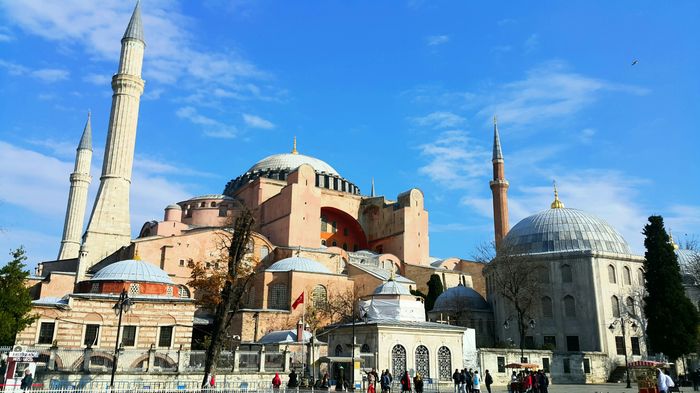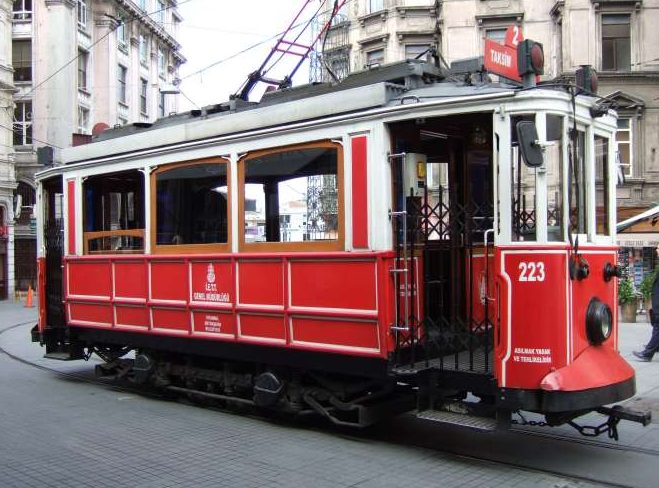22. Further corruption in high places
Now when the Emperor and Theodora dismissed John of Cappadocia, they wished to appoint a successor to his office, and agreed to choose a still baser rogue; so they looked everywhere for such an instrument of tyranny, examining all manner of men that they might be able to ruin their subjects the faster.
For the time being, they appointed Theodotus to the office: a man who was by no means good, but still not bad enough to satisfy them; and meanwhile they continued their general search till finally, almost to their surprise, they discovered a banker named Peter, a Syrian by birth, surnamed Barsyames; who, after years of sitting at the copper money-changer’s table had made himself rich by thievish malpractices, being gifted at stealing obols, which he could filch under the eyes of customers by the quickness of his fingers. He was not only smart at this sleight-of-hand thievery, but if he were ever detected, would swear it was a mistake, covering up the sins of his hands with the impudence of his tongue.
Enlisting in the Pretorian guard, he behaved so outrageously that Theodora was delighted with him, and decided he could most easily serve her in the worst of her nefarious schemes. So Theodotus, who had succeeded the Cappadocian, was straightway removed from office and Peter appointed in his place; and he did everything to their taste.
Cheating all the soldiers of -their due pay, without the slightest shame or fear, he also offered offices for sale to a greater extent than ever to those who did not hesitate to engage in this impious traffic for dishonored positions; and he openly licensed those who bought these offices to use as they wished the lives and substance of their subjects. For he claimed himself, and granted to whoever paid the price of a province, the right to destroy and ravage without restriction.
This sale of human lives proceeded from the first officer of the State; and by him the contract for the ruin of cities was made. Through the principal law courts and in the public Forum went the licensed bandit who was given the name of Collector-collector of the money paid for high offices which was in turn extorted from the despairing people. And of all the imperial agents, many of whom were men of repute, Peter selected for his own service those who were villains.
In this he was not unique; for those who held the same office before and after him were equally dishonest. So were the Master of Offices, the Palatine Treasurers of the public and the Emperor’s private moneys, and those in charge of his personal estates; and, in short, all who held public offices in Constantinople and the other cities.
Read More about The Friar of Novara part 1








